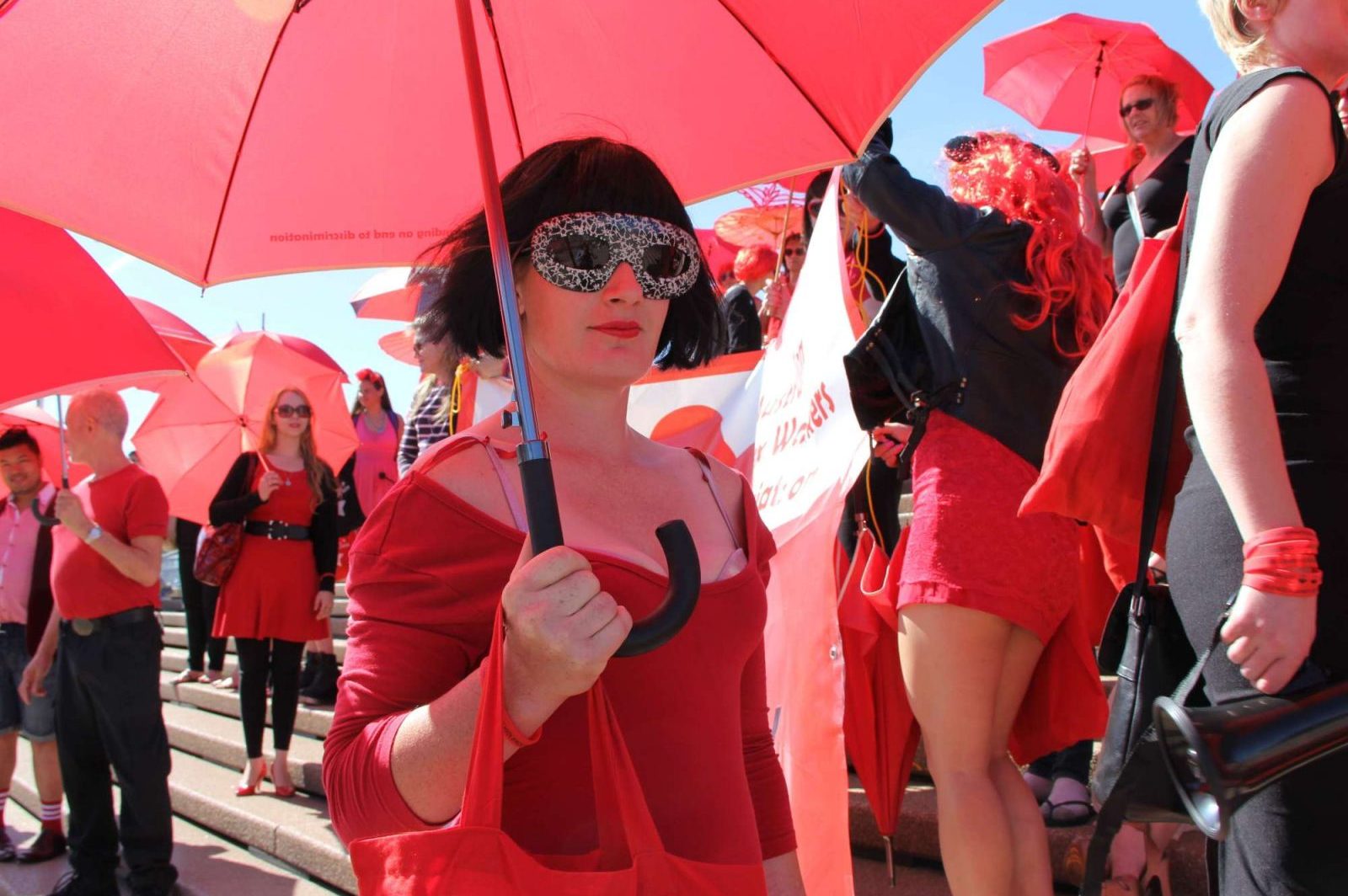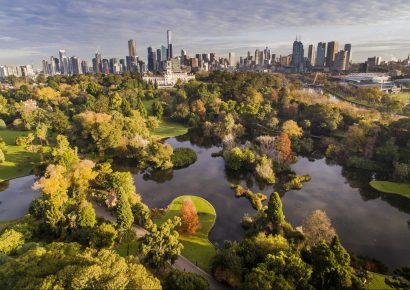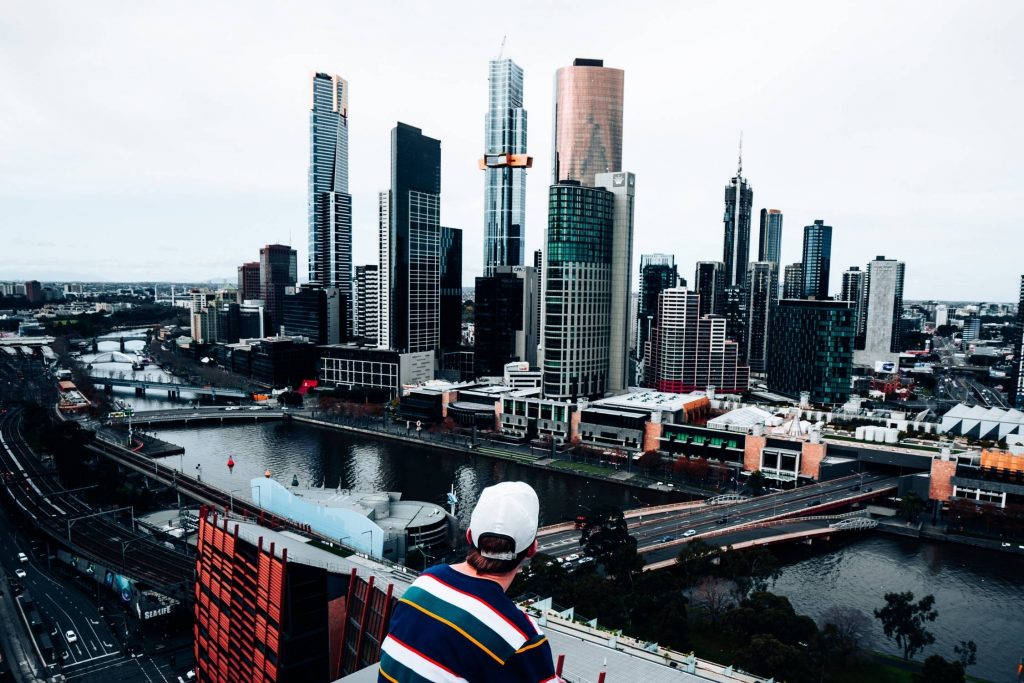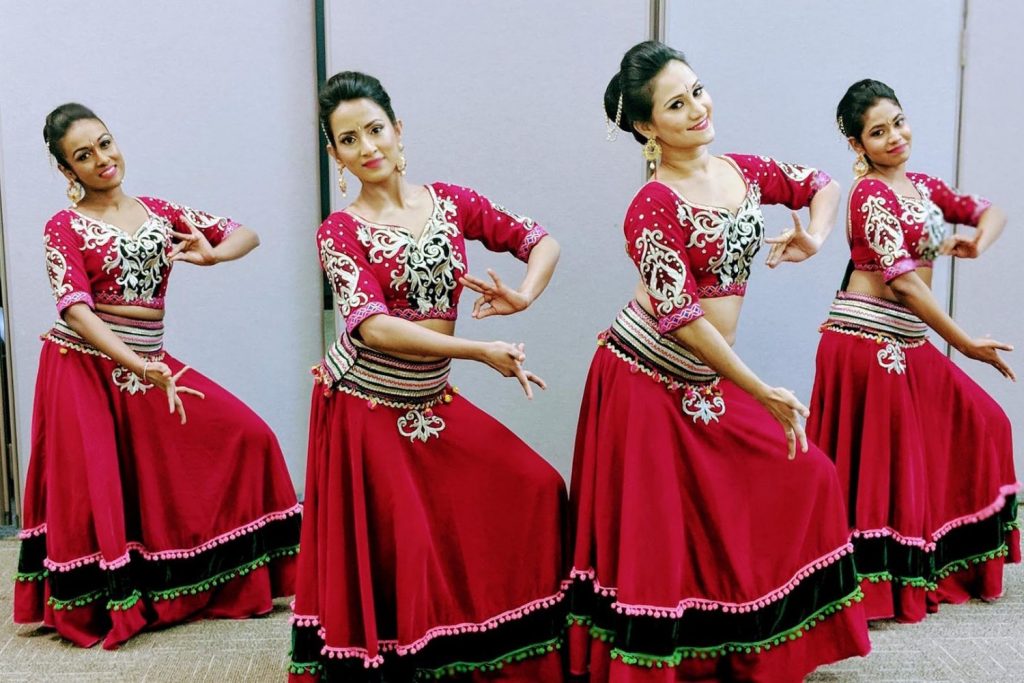Reason Party MP Fiona Patten is currently leading a targeted review aimed at achieving better public health and human rights outcomes for sex workers.
It’s one of the oldest professions in the world, but currently in Victoria, not all areas of sex work are legal.
With the 2019 Sex Industry Bill adopted into Northern Territory Parliament and 25 years since NSW largely decriminalised the industry, Victoria is now in a unique position to improve the health and safety of sex workers.
A six-month inquiry began earlier this year, marking the first time in more than 30 years Victoria has reviewed the regulations governing the sex industry.
Leading the state inquiry is MP of the Reason Party and former sex worker herself, Fiona Patten who outlined in a media release earlier this month that, “Victoria has the opportunity to lead and design a regulatory system that meets the needs of a 21st-century industry”.
Ms Patten also told The Guardian that the current legislation was not “fit for purpose” as the laws were written before the internet existed, therefore not recognising and employing safeguards for sex workers who operate in an online space.
“It’s not about legal or illegal brothels,” she said. “But certainly, the legislation, because it is so outdated, has made it very difficult for people to actually even comply with the law.”
As it currently stands, street prostitution is illegal in Victoria, however selling sex at registered brothels, escort agencies, or as a private worker is allowed under the licensing conditions.
Self-employed private sex work without council and license permits is prohibited. However, to obtain a license involves a complex legislative framework, under the Sex Work Act 1994.
But some are deterred from obtaining a license and registering through the government’s Business License Authority, for fear that privacy concerns may arise.
Ms Patten’s recommendations will cover the rights and protection of all forms of sex work – from commercial brothels and agencies to small operating businesses and street-based work. Massage parlours offering sex work will also be considered for legalisation too.
“As we’ve seen over the years, there’s been a proliferation of massage parlours popping up all over the state, and unfortunately a lot of sex workers are operating outside the legal framework,” she said.
Listen to Podcast: Time to get involved w Victoria’s Sex Work Review! Great info for sex workers w @CherylOvers @Estelle_Lucas | #decrimnow #sexworkiswork | @3CR @FionaPattenMLC @redfilesinc @kittygaloretime @sin_sassy @mrDeanLim @SWLRV @VicParliament https://t.co/pxyoqfsQXD pic.twitter.com/w2cI8ek2Ai
— Behind Closed Doors (@BCD3cr) June 11, 2020
The inquiry aims to address discrimination against sex workers too, as well as looking at how violence occurs in the industry as a result of criminalising specific areas of work.
Ms Patten will make her recommendations to the Andrews Labor Government by September 30, 2020, which they will then conduct their own review on the state’s legislation.
But the issue of decriminalising sex work is a global conversation too. Many human rights organisations including Amnesty International, the United Nations and the World Health Organisation have endorsed the decriminalisation of sex work based on an abundance of empirical evidence supporting the idea that there are many benefits when authorising the entire industry.
When New Zealand passed the Prostitution Reform Act in 2003, vetted after a series of extensive consultations with sex workers, it was found that workers felt better supported by police, ensuring their safety.
Spokesperson for Vixen Collective, Victoria’s peer-only sex worker organisation, Dylan O’Hara, told Beat Magazine that the law should focus on the occupational health and safety needs, rather than requirements of licensing.
The issue of licensing produces a “two-tiered sex industry”, where sex workers have no choice but to operate outside the legal framework, putting them in danger.
“This is a costly, damaging approach that causes immense harm to sex workers across many facets of our lives,” they said.
“Sex workers must make choices about where, how, and with whom we work, based on the complex, discriminatory, and unworkable requirements of the licensing system.”
‘…everyone must commit to learning from sex workers about sex work and sex workers’ needs.’https://t.co/CyRPSZT6Qw
— Vixen Collective (@VixenCollective) September 9, 2020
It’s not only putting sex workers at risk, but the licensing and permit system also further perpetuates the stigma and discrimination against the industry.
“Licensing singles out sex workers as separate and distinct from other workers, requiring surveillance, monitoring and police-enforced regulation of our work and business practices, our workplaces, our bodies and our health.”
Tired by years of inaction, O’Hara is now calling on the Victorian government to hear the voices of sex workers when it comes to law reform as they are “experts” in knowing how the legislation needs to be changed.
“We know better than anyone how the current laws impact us, why and how they don’t work, and what we need instead,” they said.
“The full decriminalisation of all forms of sex work is essential to recognising sex work as work, supporting sex workers, and rectifying many years of harm and discrimination against Victorian sex workers.”
For more on Vixen Collective, check out their website and Twitter page. If you’re in a position where you can support sex workers in Australia, donate to this Chuffed campaign.
Never miss a story. Sign up to Beat’s newsletter and you’ll be served fresh music, arts, food and culture stories three times a week.







